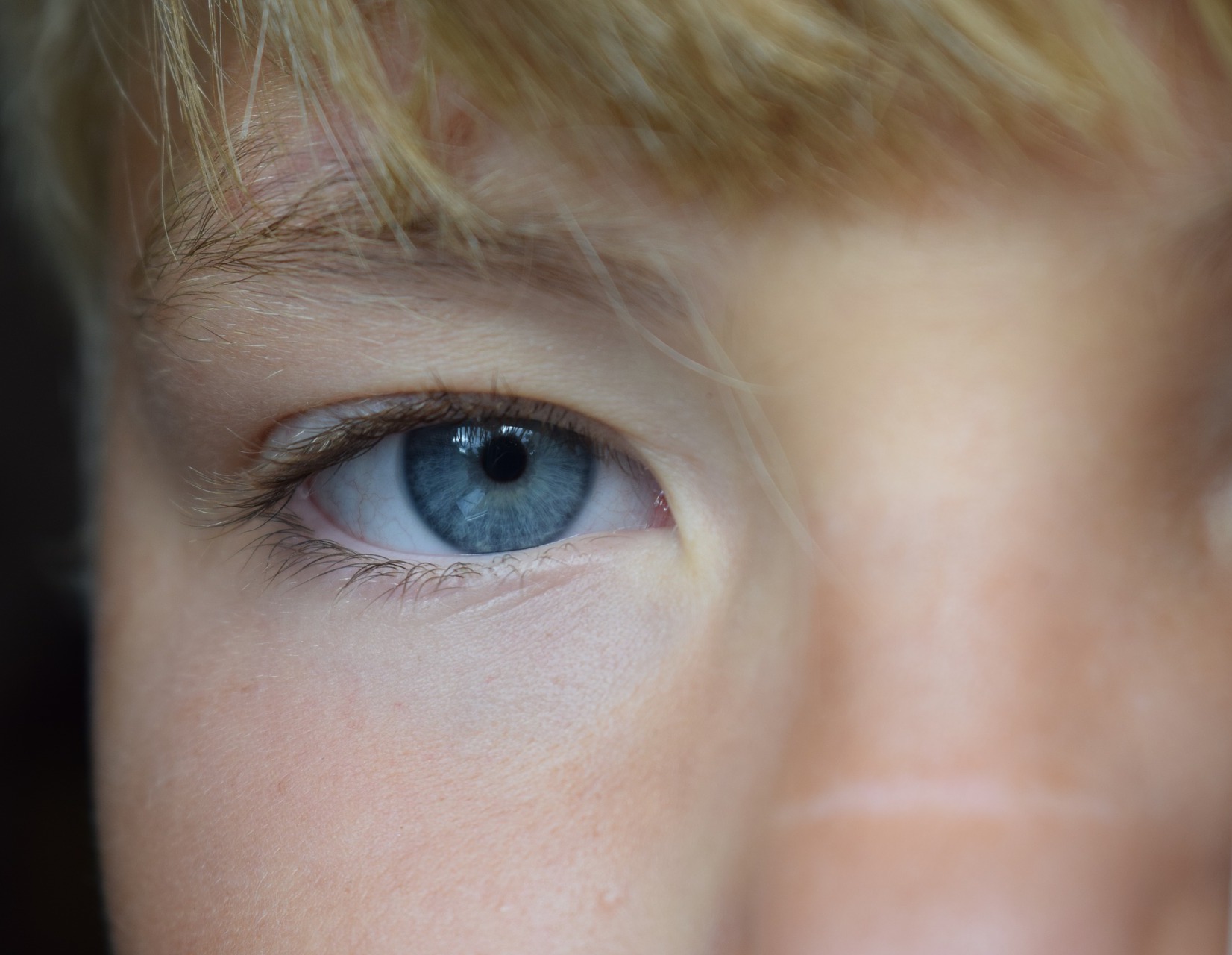Eating Disorders Resource Center [web resource]
 While eating disorders can affect people of all ages, teens and young adults are often most susceptible. In addition to biological and psychological risk factors, middle and high school students are highly influenced by peer pressure, the thin ideal set by the media, and the desire to be popular. Read more ›
While eating disorders can affect people of all ages, teens and young adults are often most susceptible. In addition to biological and psychological risk factors, middle and high school students are highly influenced by peer pressure, the thin ideal set by the media, and the desire to be popular. Read more ›


 According to the American Psychological Association’s (APA) annual
According to the American Psychological Association’s (APA) annual 
 Stress and holidays seem to go hand-in-hand. Your busy schedule becomes even busier with preparations and celebrations.
Stress and holidays seem to go hand-in-hand. Your busy schedule becomes even busier with preparations and celebrations.
 For many of us, the holiday season can bring an increased sense of family responsibility and, along with it, additional feelings of stress. Advertisements about the joys of the season can seem lost on us as we scurry around trying to do even more than usual. It’s easy to feel overwhelmed.
For many of us, the holiday season can bring an increased sense of family responsibility and, along with it, additional feelings of stress. Advertisements about the joys of the season can seem lost on us as we scurry around trying to do even more than usual. It’s easy to feel overwhelmed. 
 The amount of time children and teens spend using their devices has become an issue of growing concern, but experts say
The amount of time children and teens spend using their devices has become an issue of growing concern, but experts say 
 Are you worried about your child’s behavior or feelings? Would you like to know the treatment options for your child?
Are you worried about your child’s behavior or feelings? Would you like to know the treatment options for your child? 
 Self-injury, particularly among adolescent girls, has become so prevalent so quickly that scientists and therapists are struggling to catch up. About 1 in 5 adolescents report having harmed themselves to soothe emotional pain at least once, according to
Self-injury, particularly among adolescent girls, has become so prevalent so quickly that scientists and therapists are struggling to catch up. About 1 in 5 adolescents report having harmed themselves to soothe emotional pain at least once, according to 
 When nonteachers ask me with genuine curiosity, “What’s new with teens?” I usually tell them that every school year, it seems like more of them end up in the hospital.
When nonteachers ask me with genuine curiosity, “What’s new with teens?” I usually tell them that every school year, it seems like more of them end up in the hospital. 
 Most U.S. adults (83%) cite inflation as a significant source of stress, according to
Most U.S. adults (83%) cite inflation as a significant source of stress, according to 
 Adverse Childhood Experiences (ACEs) are potentially traumatic events that occur in childhood. ACEs can include violence, abuse, and growing up in a family with mental health or substance use problems.
Adverse Childhood Experiences (ACEs) are potentially traumatic events that occur in childhood. ACEs can include violence, abuse, and growing up in a family with mental health or substance use problems. 

